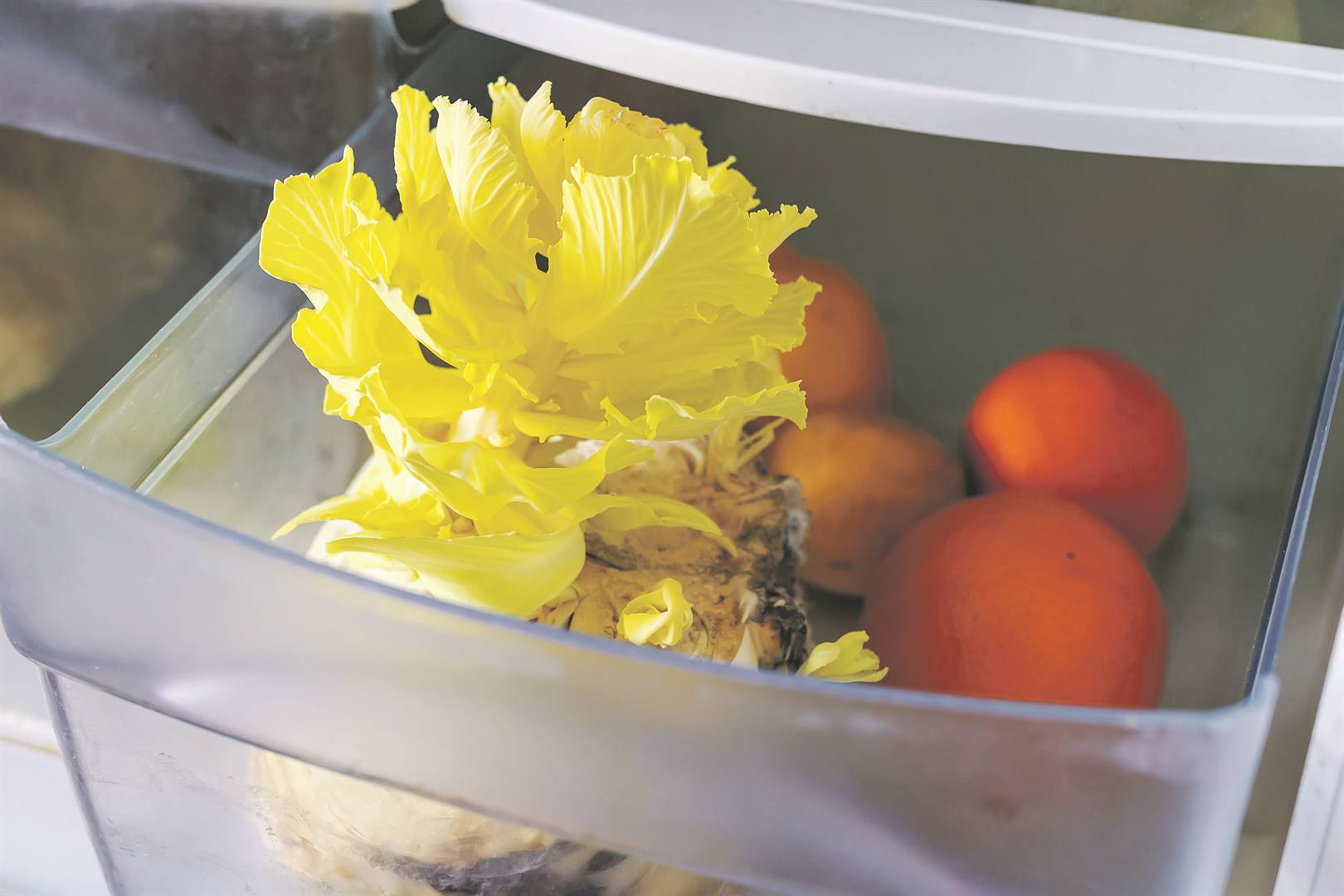
Experts fear households, businesses in the food and catering industry, and everyone involved in the food refrigeration chain are having to dispose of more fresh food than usual due to load shedding.
Either that, or the players spend thousands of rands on generators to keep their cooling facilities running during load shedding so that produce remains fresh, says the owner of a well-known greengrocer and home industry in Johannesburg.
She says she was forced to buy a R200 000 generator before Covid-19 so that her business’ cooling facilities could operate during load shedding. Without the generator, it would easily have lost up to 20% of fresh produce because, apart from scheduled load shedding, there are also often hours of unplanned power outages.
READ: The industrial shaves off growth to second quarter GDP
Although the greengrocer has thus far avoided food loss, it has come at an additional cost.
During load shedding, her shop pays R600 per hour for diesel for the generator, while the compressors of the refrigeration equipment are regularly damaged by power surges, despite protection devices in place. Each time they are, it costs R9 000 to repair them.
Wendy Alberts, CEO of the Restaurant Association of SA, says restaurants – especially those that have no alternative power sources and are totally dependent on Eskom – are adjusting their menus and stock purchases to allow for load shedding. The problem is not only power and the preparation of meals, but also meeting strict health standards for the food (by keeping it cool and fresh).
Averda, which specialises in waste management, recently stated in an article on its website that restaurants and bakeries that had no alternative power sources often ended up with half-cooked food or half-baked bread in their ovens when the electricity went off. Cooking and baking processes cannot simply resume after a break of two or four hours because some of the food and dough has to be thrown away, resulting in financial losses.
This in a country where more than 10 million tons of edible food are lost annually and many people are starving, as revealed in an earlier study by the Council for Scientific and Industrial Research (CSIR) on the extent of food loss in South Africa.
According to statista.com, more than 16 million South Africans lived in extreme poverty in 2020, surviving on less than $1.90 (about R32) a day.
Households in some of the largest cities annually throw between 6kg and 12kg of food per person into municipal waste containers, and a case study in Stellenbosch in the Western Cape showed that up to 14% of tomatoes, 21% of cabbages and 18% of carrots are lost at retail level because they are damaged or spoilt, among other reasons.
Professor Suzan Oelofse, chief researcher at the CSIR, told City Press’ sister publication Rapport last year that, although most loss occured before fresh food reaches the consumer, food waste generated during consumption had risen from 5% to 18% in the past eight years.
Defy Appliances CEO Mustafa Soylu says a reliable power supply is essential for households, producers and businesses in the cold chain for the safe preservation of fresh food such as fruit, meat and vegetables.
READ: The bane of our collective existence: City Press journalists decry load shedding
The long-term quality and safety of food depend on accurate and consistent temperature control throughout the process. If this is interrupted, the quality of products deteriorates and they are no longer sold at a premium grade, or are thrown away.
Although there are no figures on exactly how much fresh food is thrown away due to load shedding, there is anecdotal evidence that it is a significant amount, he says.
Soylu says a general guideline is that perishable food in one’s fridge can remain fresh for about four hours during a power outage. Frozen food can be safely stored for up to 48 hours without power, provided the freezer door remains closed at all times. The latter also depends on how full the freezer is.




 Publications
Publications
 Partners
Partners









